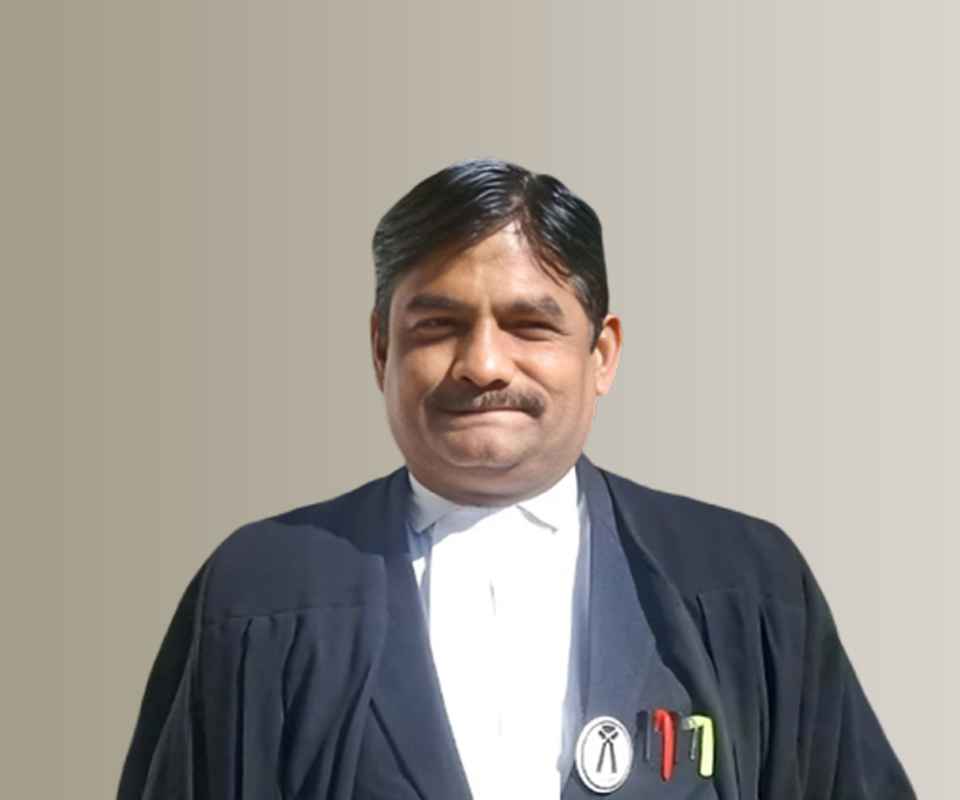Answer By law4u team
The #MeToo movement, which began in the West and gained global momentum, has had a significant impact on raising awareness about sexual harassment and violence, particularly in the workplace. In India, the movement has sparked conversations around the pervasive issue of sexual harassment, led to several high-profile accusations, and highlighted the gaps in existing legal frameworks. However, its effectiveness in transforming India’s legal system remains a subject of debate. While there have been some positive changes, challenges such as societal stigma, lack of proper implementation, and the reluctance of victims to come forward continue to hinder its full impact.
Positive Impact of the #MeToo Movement in India’s Legal System
Increased Awareness and Dialogue:
The #MeToo movement has created a platform for individuals to share their experiences and bring attention to sexual harassment and abuse. It has led to widespread discussions in India about the prevalence of workplace harassment and gender-based violence. This awareness has brought pressure on organizations and institutions to take more responsibility for preventing and addressing sexual harassment.
Legal and Policy Reforms:
The movement has led to a renewed focus on implementing existing laws more effectively. The Sexual Harassment of Women at Workplace (Prevention, Prohibition and Redressal) Act, 2013 (POSH Act) gained more attention, with calls for stricter enforcement. In some cases, organizations have been prompted to establish more robust mechanisms for reporting and addressing complaints of sexual harassment. Additionally, legal experts have discussed potential changes to Indian laws to better accommodate the needs of victims and hold perpetrators accountable.
Accountability and High-Profile Cases:
The #MeToo movement has led to the public outing of several high-profile individuals, particularly in the entertainment, media, and corporate sectors. These revelations have forced the legal system to address accusations more seriously. Some of the accused have faced consequences such as job terminations or legal action. This has created a sense of accountability for powerful individuals who were previously immune to scrutiny.
Empowerment of Survivors:
One of the key successes of the #MeToo movement in India has been the empowerment of survivors of sexual harassment. It has provided them with a platform to share their stories without fear of public shaming or retribution. This sense of solidarity has emboldened other survivors to speak out, creating a ripple effect across different industries.
Challenges to the Effectiveness of the #MeToo Movement in India’s Legal System
Delayed Legal Action and Inadequate Enforcement:
Despite the increased awareness, the legal system in India often struggles with delays in processing sexual harassment cases. Victims often face long waiting periods for justice, which discourages many from pursuing legal action. Additionally, the implementation of the POSH Act has been inconsistent, with some organizations failing to set up required Internal Complaints Committees (ICCs) or adequately address complaints.
Cultural and Societal Barriers:
In India, societal stigma and victim-blaming culture remain significant barriers to the effectiveness of the #MeToo movement. Survivors, particularly from marginalized communities, often face social ostracization, threats, and harassment when they speak out. This fear of backlash can prevent many from filing complaints or publicly sharing their experiences. The deeply rooted patriarchy in many sectors also leads to a lack of support for women and survivors of harassment.
Legal Ambiguities and Deficiencies:
While the POSH Act exists, its scope and application can be limited, particularly in informal workspaces or smaller organizations. The definition of what constitutes sexual harassment under Indian law can be vague, and proving harassment in court can be challenging due to a lack of concrete evidence. The legal process often requires an adversarial approach, where the survivor’s credibility is scrutinized, which can deter women from pursuing justice.
Backlash and Victim Blaming:
Some prominent figures and sectors have pushed back against the #MeToo movement, arguing that accusations are often exaggerated or unfounded. The legal system, at times, also fails to address these issues with the seriousness they deserve, and public opinion can sometimes shift in favor of the accused, especially in cases involving celebrities or powerful individuals.
Examples of the #MeToo Movement’s Impact
Tanushree Dutta and Nana Patekar Case:
Actress Tanushree Dutta’s allegations of sexual harassment against actor Nana Patekar in 2008, which resurfaced in 2018, were widely covered under the #MeToo banner. This case sparked a broader conversation about harassment in the entertainment industry. While the legal case was not immediately successful, the public outcry led to Patekar being removed from future projects, and Dutta’s courage encouraged many others in the film industry to speak out.
Media Industry Allegations:
Several journalists came forward with accusations against prominent media figures, such as MJ Akbar, the former Union Minister. The allegations led to legal proceedings against Akbar, and although he denied the charges, the case showed how the #MeToo movement has had an impact on the power dynamics within the media and political spheres. However, such cases also highlight the complexities of legal outcomes in high-profile accusations.
Corporate Sector:
In some cases, the #MeToo movement has led to internal investigations in large companies and institutions, including multinational corporations. Companies have been urged to improve their internal policies and mechanisms for reporting sexual harassment. However, the implementation of these changes has been uneven, with some companies still failing to take meaningful action or protect complainants adequately.
Conclusion:
The #MeToo movement has had a profound effect on raising awareness and pushing for legal reforms related to sexual harassment in India. However, its full effectiveness in transforming the legal system remains constrained by delays in the judicial process, societal stigma, and inconsistent implementation of existing laws. The movement has empowered survivors and forced important conversations about accountability, but further efforts are needed to ensure that the legal system can effectively support victims, provide justice, and create lasting change in societal attitudes toward sexual violence and harassment.






